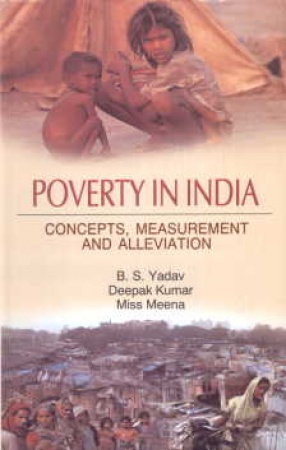
B.S. Yadav

25 books
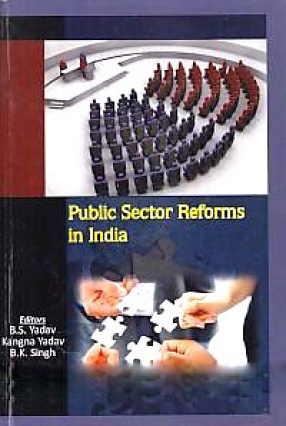
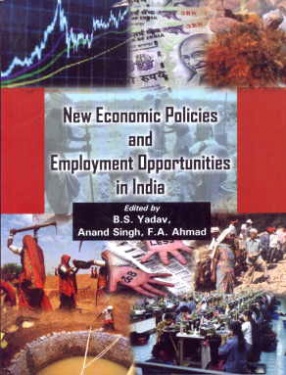
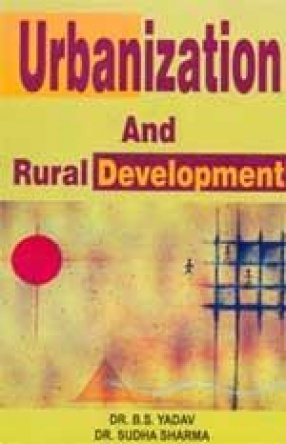

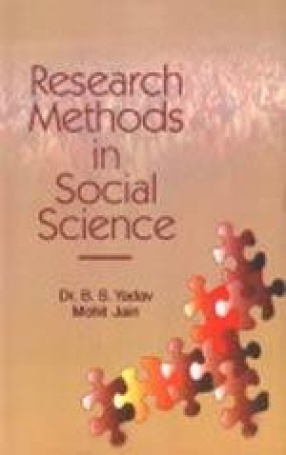
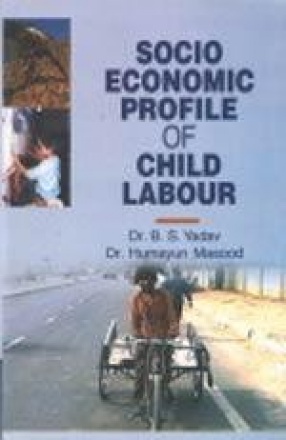

Poverty is a complex phenomenon in its content and scope. Poverty is a plague affecting all parts of the world and it has many faces and dimensions. It is both widespread and intensive and intrinsically related to socio-cultural, socio-political and socio-economic factors. In popular understanding, poverty is identified with lowness of income, which prevents a family from obtaining and enjoying the basic necessities of life, including a minimum of food, clothing, ...
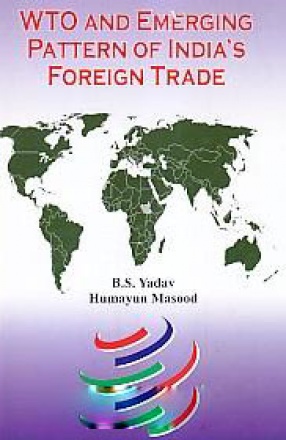
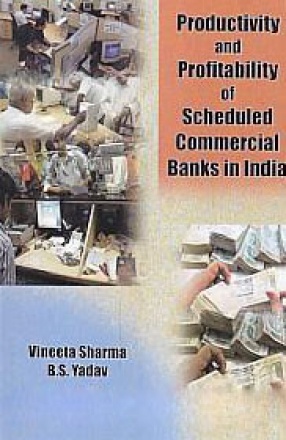
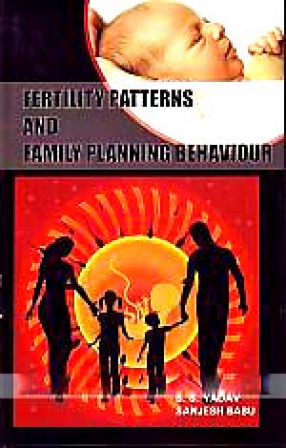


In India, unemployment is a chronic problem. It is as acute as it is wide-spread. It has become a pressing and a perennial problem of Indian economy. In Indian planning, employment generation and social protection of labour have been given due importance from 1950s to mid 1980s. The initiation of mild dose of liberalization started since 1985 and the new economic reforms introduced in 1991 have pushed the economy towards globalization, privatization, ...
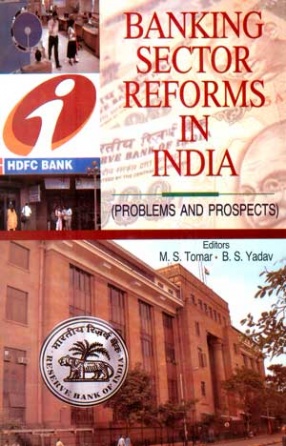
Responding to the macro economic crisis of the late 1980s, a wide programme of globalisation, liberalization and privatization was initiated in India in July 1991. This programme encompassed wide – ranging reform measures touching almost every aspect of the Indian economy. Since then, these wide ranging reforms have induced greater efficiency and competitiveness in all spheres of economic activity.The basic theme of the book is to present a comprehensive ...
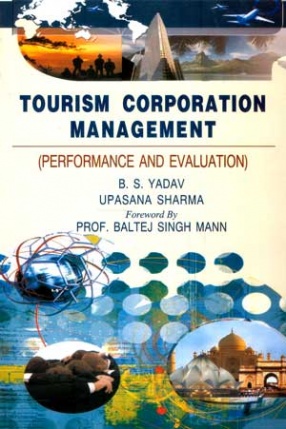
Tourism is recognised as a major global service industry governed by the laws of supply and demand. Tourism has advanced as commitment to general development. The tourism sector of the economy contributes towards foreign exchange reserves, creates income and employment opportunities, particularly in remote and backward areas, strengthens national integrity and promotes international understanding by intensifying socio-cultural exchanges among people from ...

The book “Advances in Aquatic Biology and Toxicology” has been prepared by deeply concerned about, environmental issues. The objective of this book is to provide the readers materials on the subject in a lucid and readable form so as to enable the environmentalists, zoologists botanists and even the common men to understand the subject properly. The book has been written for undergraduate and post-graduate students of different ...
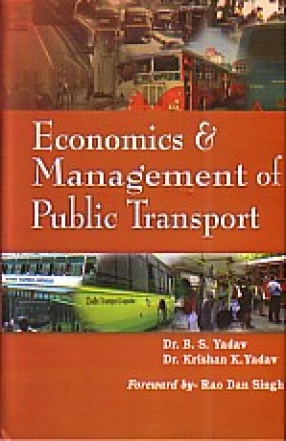
Forming a major part of the Public Transport system in the country, there are over 70 State Road Transport Undertakings (SRTUs) operating more than 1,25,000 buses across different parts and regions of India. As is the case with many other Public Sector Undertakings, these SRTUs are mostly suffering from poor physical and financial performance. With a detailed introduction to the evolution and growth of public transport system in India, the present work reports an ...

The Urbanization history of nations reveal that the problems of urbanization and rural development generally emerge in the process of socio-cultural change representing a continuous effort to adopt various systems in society. Today urbanization is not only the migration from rural areas of village artisans and landless labour but also implies the movement of educated and skilled people to urban areas in search of better fortunes and better living conditions. In ...

The most burning problem of the modern age is the population explosion which is causing great concern and proving a great obstacle in rapid economic and industrial growth. In a developing low-income country like India the alarming population growth is all due to poverty, illiteracy and superstition etc. the population increase no doubt has led to air and water population, shortage of dwelling units, unemployment, malnutrition and malnourished womenfolk, ...

In Indian economy both formal and informal sectors play a key role in employment generation. The informal sector in the country is very large and a basic source of self employment and small business which includes agriculture and allied activities, small and medium sized enterprises, manufacturing, trade, communications etc. In the present study an attempt has been made to analyze the role of urban informal sector in employment generation. It has further ...

Basically India is an agricultural country and agricultural growth has direct impact on poverty alleviation and country’s prosperity. As such India is mainly dependent on integration of its agriculture with industry. After Independence, the role and importance of rural agro-based industries as well as development of infrastructure facilities in the economic upliftment of the rural people has been recognized. Agro-based industries help to improve the state ...

India is basically an agricultural country and the study of rural development has attracted attention of the economist, planners and the social scientists in India. Agricultural development is important because it provides economic sustenance and builds up a strong industrial base. Regional Rural Banks (RRBs) which appeared on the banking map of the country in 1975 have now become the main plank of the organized rural credit structure. The banks are ...
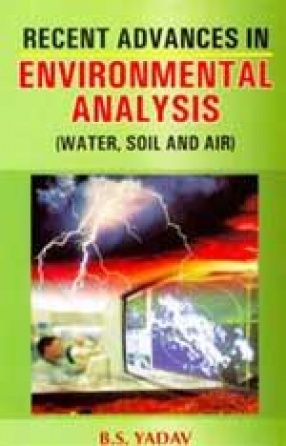
Environmental pollution has become first rank problems of the society and requires more and more precise work to be done to solve it. Hence an attempt has been made in the form of this book to serve as a basic source material on many facets of water, air and soil pollution analysis. This book throws a focus of light on “Recent Advances in Environmental Analysis†as the methods described in it are self explanatory and without the jargons of much words. The ...

The founding fathers of our republic used the public sector as an essential and vibrant element in the building-up of India's economy. One of the basic objectives of starting the public sector in India was to build infrastructure for economic development and rapid economic growth. Since their inception, public enterprises have played an important role in achieving the objective of economic growth with social justice. However economic compulsions, viz., ...
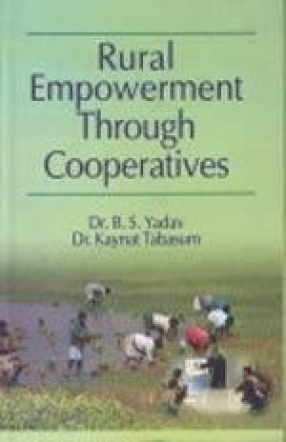
Co-operation means living, thinking and working together. Co-operation was in existence even before man's origin. With out the operation of the principle of Co-operation, all sociability and mutual aid, the progress all sociability and mutual aid, the progress of organic life, the improvement of the organism, and the strengthening of the species become utterly incomprehensible. In India, cooperatives have been assigned a very significant role in the task of rural ...

The present study entitled 'Research Methods in Social Science', is an interdisciplinary and cross-disciplinary science inquiring into human behaviour and social and environmental factors effecting hard science dependent on social science methodology. Virtually, the social sciences are a groups of academic disciplines that study human aspects of the world. They diverge from the arts and humanities in that the social sciences tend to emphasize the use of the ...
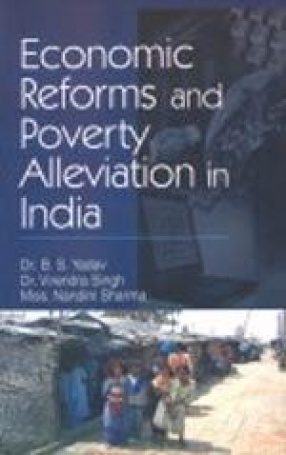
The poverty in India is a problem with some grave dimensions. India inherited a dismal economy from the British rulers at the time of independence in 1947. Alleviation of poverty has remained a major challenge before the nation even after 59 years of independence as poverty still persists in our country in its absolute and relative dimensions. Apart from low level of per-capita income, factors affecting physical quality of life index are also reflective of ...

Children are the most important assets of the society and future of a nation depends upon how the children are educated and trained and how their mental and physical development is taken care of. The problem of child labour is a global phenomenon and it exists in almost all the countries of the world, the difference, if any is only of degree or form. It is very saddening to note that India is also one of the nations in the world, which has the unique distinction ...
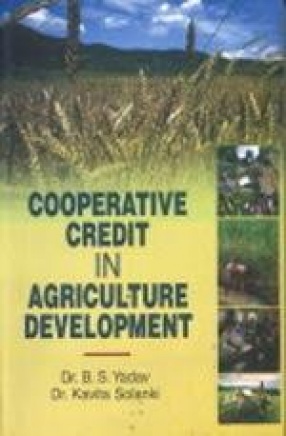
Now-a-days credit serves as an elevator. It has been recognized as the life blood of all economic activities. Like all other producers, agriculturists also need credit. According to an old proverb, "Credit supports the farmers as the hangman's rope supports the hanged". This statement is fully true in the context of Indian farmers. Thus, for stimulating the tempo of agricultural production, an adequate and timely credit is most essential. The ...
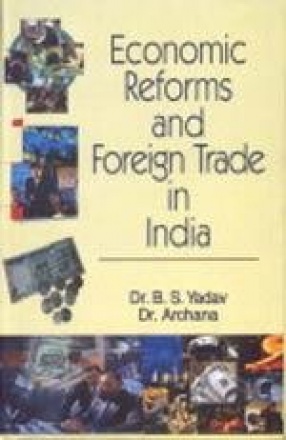
International trade has a significant role to play in the economic development of a nation. Being an engine of growth, it breaks the boundaries of nations as well as enjoins them. It gives opportunity for specification and brings in advantage of technical efficiency. Prior to mid-1991, foreign trade of India suffered from strict bureaucratic and discretionary controls. Liberalization of external trade formed an important part of first generation economic reforms ...

It has been noticed that in the last few decades the impact of human activities on the environment has become more accelerated and pronounced. Pressure from rapid population growth, urbanization, industrial expansion advances in science and technology and their application have caused these accelerated changes leading to serious environmental problem. This book will bring environmental sciences closer to the students, researchers, readers in related disciplines ...
